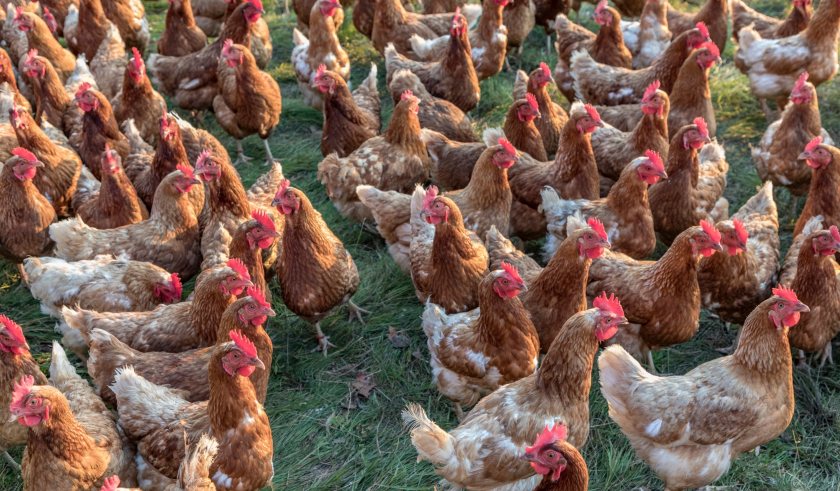
The government has raised the avian influenza risk level in kept poultry following a recent case on a commercial farm in East Yorkshire.
All bird keepers have been urged to remain vigilant and take action to protect their birds following a further increase in the bird flu risk levels in Britain.
Disease risk level in poultry where there is suboptimal or poor biosecurity has been increased to 'medium, with low uncertainty'.
The risk level where good biosecurity is consistently applied at all times will remain as 'low with low uncertainty'.
However, for wild birds, the avian influenza risk level has been assessed as 'high' by the government.
Defra said: "Practicing good biosecurity at all times protects the health and welfare of your birds.
"And for commercial keepers, it will help protect your business from HPAI and other diseases."
It comes after highly pathogenic avian influenza was confirmed in a free range flock on a farm in East Yorkshire, making it the first bird flu case of the season.
All 24,000 birds on the infected premises will be humanely culled, Defra said on 6 November, adding that the virus strand was H5N5.
In line with World Organisation for Animal Health rules, it means Britain is no longer free from avian influenza, having just declared freedom from it in March.
However, Northern Ireland continues to have self-declared zonal freedom from highly pathogenic avian influenza.
Bird keepers in England and Wales - including those with just one bird - were told to sign up to the government's new compulsory register.
The new measure came into effect from 1 October in order to better protect the poultry sector from future avian influenza outbreaks, as well as other diseases.
In Scotland, bird keepers have until 1 December to register their details with the Scottish government.
